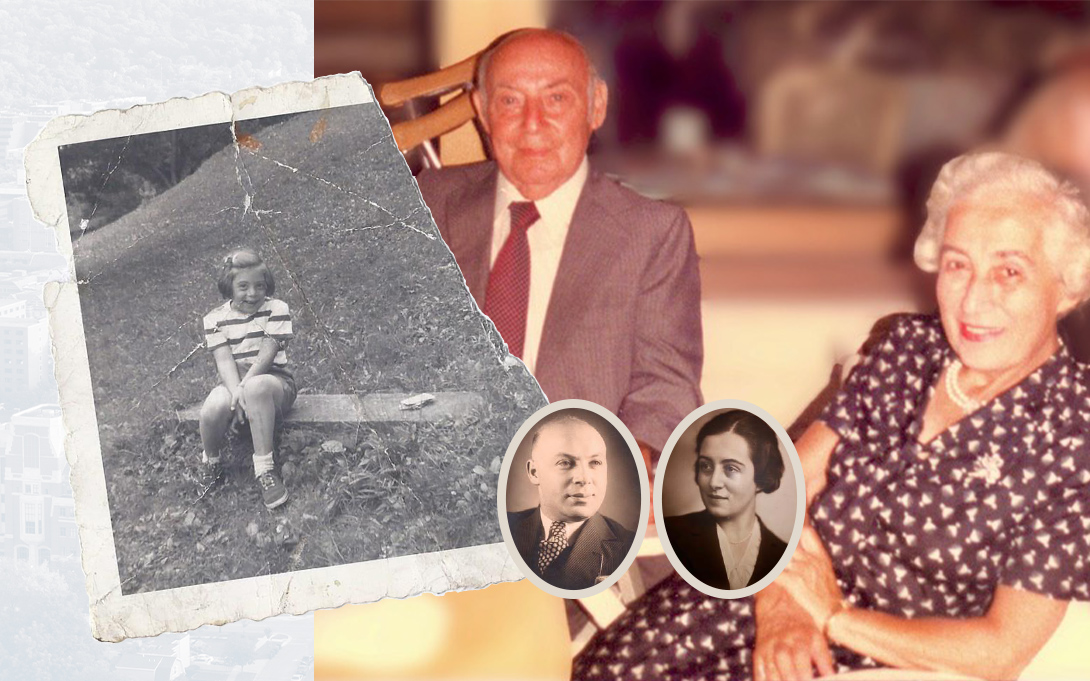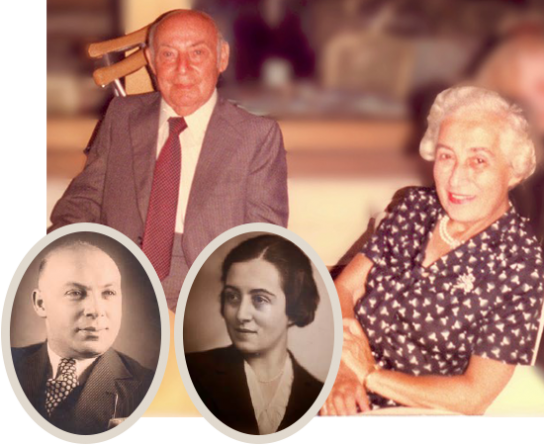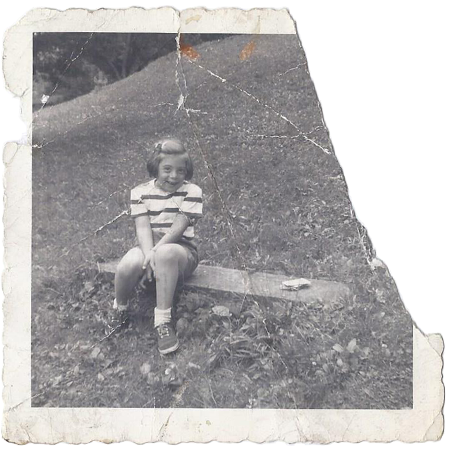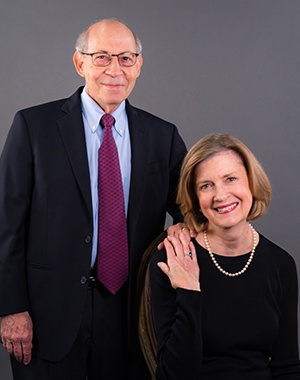
Two new professorships will address structural inequality and social policy
By Rebecca Cohen (MPP ‘09)
"Talent is distributed evenly throughout our society, but opportunity most certainly is not."
Harold and Carol Kohn heard University of Michigan President Mark Schlissel speak these words in 2018 as he announced efforts to expand post-secondary opportunities to students across the socioeconomic spectrum.
This phrase resonated with the Kohns; it tapped into the deep convictions that drive their philanthropy and their desire for a more equitable and inclusive society.
This fall, Hal and Carol Kohn and the Kohn Charitable Trust honored Hal’s parents, Martha and Karl Kohn, and his twin sister, Arlene Susan Kohn, with a generous gift to create two new professorships in their names at the Ford School. The professorships will address structural inequalities and improve social policy.
The Kohns are acutely aware of how public policies may affect the ability to use one’s voice and how race, religion, or disability can shape someone’s opportunities in life. Hal’s parents, raised in neighboring Bavarian towns, were two of the 95,000 Jewish refugees who escaped Nazi Germany and emigrated to the United States between 1933 and 1939. Karl Kohn left Germany in 1936. He married Martha Sternberg shortly after her arrival in 1937, and they settled in New York City’s Washington Heights neighborhood. Martha’s parents and younger sister escaped Germany in 1938. But Karl’s parents, Hermann and Amalie Kohn, were stopped. They died in the Sobibor concentration camp on May 28, 1943.
Hal says of his parents, “Their voices were muted and redirected. Their lives were upended. Even before their escape, the rise of Germany’s National Socialist Party restricted what they and their families were able to do. They had to give up their aspirations, and they had to leave their homes.” In a different world, Hal believes his mother might have been a doctor and his father an engineer.

Instead, they started over in America. Karl built a successful wholesale hardware business in New York City, and he and Martha had three children. Lenore Barbara was born in March 1943. Twins Harold “Hal” Lewis and Arlene Susan were born in April 1945, just before the war ended. Arlene was born with Down syndrome.
Karl and Martha, Hal reflects, believed that a good education and hard work could help overcome obstacles in society. They valued decency toward all, and they stayed well-informed. At a time when New Yorkers had access to morning and evening papers, Hal remembers his parents reading several daily newspapers and debating current events around the dinner table. His parents did not speak German at home and seldom spoke of the war. But Hal learned that “government and politics matter, and societal awareness is important and that this awareness demands inclusion and equity.”
Hal recalls when he and Arlene were eight years old, she became the first Jewish student enrolled at what was then-called St. Colletta by the Sea School, a residential facility in Hanover, Massachusetts, for developmentally and intellectually challenged children, operated by the Sisters of St. Francis of Assisi. Arlene lived there until she was 16, and then she moved to a larger residential facility in New York. At age 42, Arlene moved to a community group home outside of New York City, living as a family with 11 other women and their caregivers.

“Arlene had her own voice,” Hal said, “and through her, we were reminded of what was important in life. Arlene exemplified inclusion, as all who experienced her joy, her welcoming spirit, and her warm hugs would tell you.”
“The way we relate to a person, to embrace fully what she offers, and to do it without assumptions is an important lesson Arlene taught us,” adds Carol.
In the group home, Arlene was part of a nurturing and loving community. They would go bowling and out to dinner. For most of her adult life she was employed at an ARC facility, where she packaged fasteners for commercial sale. Arlene loved to shop. Her preferred birthday or Hanukkah gift was a red purse; no other color would do. Hal and Carol contributed to her substantial collection over the years, always with extra spending money tucked inside. Arlene Susan Kohn passed away in 2016 at the age of 71.
In many ways, Arlene’s life experiences were better than many with Down syndrome at that time. According to a national 2015 survey (1), approximately 57 percent of adults with Down syndrome are employed. This year marks the 30th anniversary of the Americans with Disabilities Act, which is now seen as the baseline by many advocates working to improve disability policy. Since the ADA’s passage, court decisions and new laws support people’s rights to live in integrated communities, it expands work opportunities, and it provides critical funding for community homes and services. The Developmental Disabilities Assistance and Bill of Rights Act of 2000 empowered people in the disability community to participate in state councils and provided avenues to inform policymakers through advocacy.
The Kohns understand the importance of amplifying under-represented voices. Citing widening wealth gaps and racial divides and a global pandemic reinforcing those disparities, they are concerned about those who face inequality of opportunity in America.

The Kohns explain that as they continue to grow in their knowledge about public policy, so too does their belief in its potential for far-reaching impact.
“It’s very easy for us to endorse and support policies that take full reach of American society, whether it's people with disabilities or people who have been excluded from progress,” said Hal. “Funding the professorships at the Ford School extends our ability to make more sustainable changes. We believe that society would be more vibrant if everyone had equal chances and opportunities.”
The two new professorships join the Hermann and Amalie Kohn Professorship in Social Policy and Social Justice, established by the Kohns at the Ford School in 2018 and named in honor of Hal’s grandparents who perished in the Holocaust.
“The three professorships align so well with the mission of the Ford School,” said Dean Michael S. Barr. “We are deeply grateful for Hal’s and Carol’s meaningful gifts that honor Hal’s family and for their commitment to fight inequities and strengthen social policy for all.”
1. Kumin, L., & Schoenbrodt, L. (2015). Employment in Adults with Down Syndrome in the United States: Results from a National Survey. Journal of Applied Research in Intellectual Disabilities.
Below, find the full, formatted Fall 2020 edition of State & Hill.
